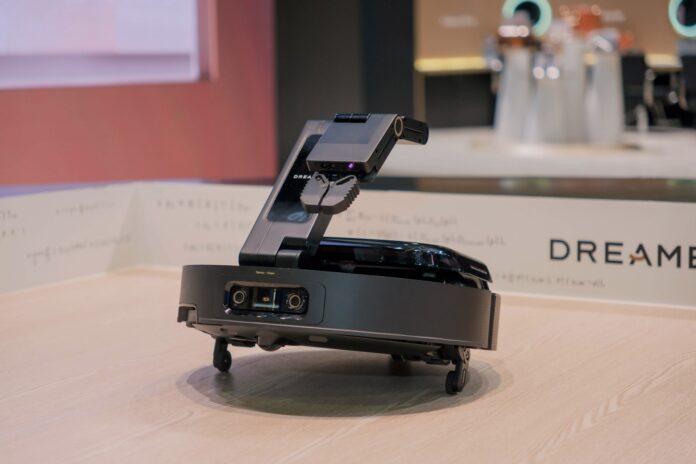Roomba was the pioneer of robot vacuums in the US, but now faces a major competition from Chinese competitors with advanced features. Roborock, a Beijing-based manufacturer, has developed a vacuum with an arm capable of picking up objects weighing up to 300 grams.
The robot was unveiled at the CES electronics show in Las Vegas in January. It uses artificial intelligence to detect objects that have fallen, such as toys or socks. It then uses its arm to place them in the appropriate receptacle.
Roborock is programmed to recognise 108 different objects, and users can add an additional 50 customizable objects via an app. The product will be released worldwide this year.
These innovations have taken their toll on Roomba. Euromonitor reports that the global market share of the brand dropped to 22% in 2016 from 35% a year earlier.
In a report published on March 12 by iRobot, the maker of Roomba, the company expressed “substantial doubts” about its ability to survive the next year.
Chinese companies are also on the attack in Japan, where Roomba holds a 70% share of the market. Ecovacs Robotics sells a product with a mopping feature and an automatic dust collector for JPY43,780 (USD295).
Roombas with similar features sell for JPY 59 200 (USD 399.9). iRobot sales in Japan dropped 34% in 2024’s fourth quarter compared to a year ago due to price competition.
iRobot is selling the Roomba under a “designated pricing system” in Japan that prevents retailers from offering discounts. The strategy was intended to protect the brand and ensure profit, but it has backfired.
An employee at a home electronic retailer said, “If there aren’t any differences in capabilities then it is difficult to display products for a set price.”
Store shelves are being replaced with Chinese-made Roombas. Chinese manufacturers are launching products in Japan to grab market share.
Xiaomi will sell robot vacuums in its new stores opening this year in Japan.
In March, Dreame Technology from China released a product with foldable legs on the Japanese market. When the robot is approaching an obstacle, its legs can be extended up to six centimeters in order to bypass it. Dreame’s robots can clean multiple rooms at once. The company will target smaller homes.
Dreame’s model costs JPY 229800 (USD 1,548.4). This is more expensive than the top-of-the line Roomba which costs JPY 197,000 (USD 1,332.8). However, Akiyoshi Hamada, sales director of Dreame’s Japanese subsidiary, said that “we will spread the evolution in robot vacuum cleaners to Japanese consumers.”
iRobot was founded by three Massachusetts Institute of Technology members of the Artificial Intelligence Laboratory. They developed the Roomba with technology inspired by mine-clearing robotics.
These devices have added features such as a wet wipe function and the ability map out a room’s layout. iRobot is lagging behind its Chinese competitors in terms of innovation. This article was first published on
Nikkei Asia. This article has been republished as part of 36Kr’s ongoing partnership Nikkei Asia.





